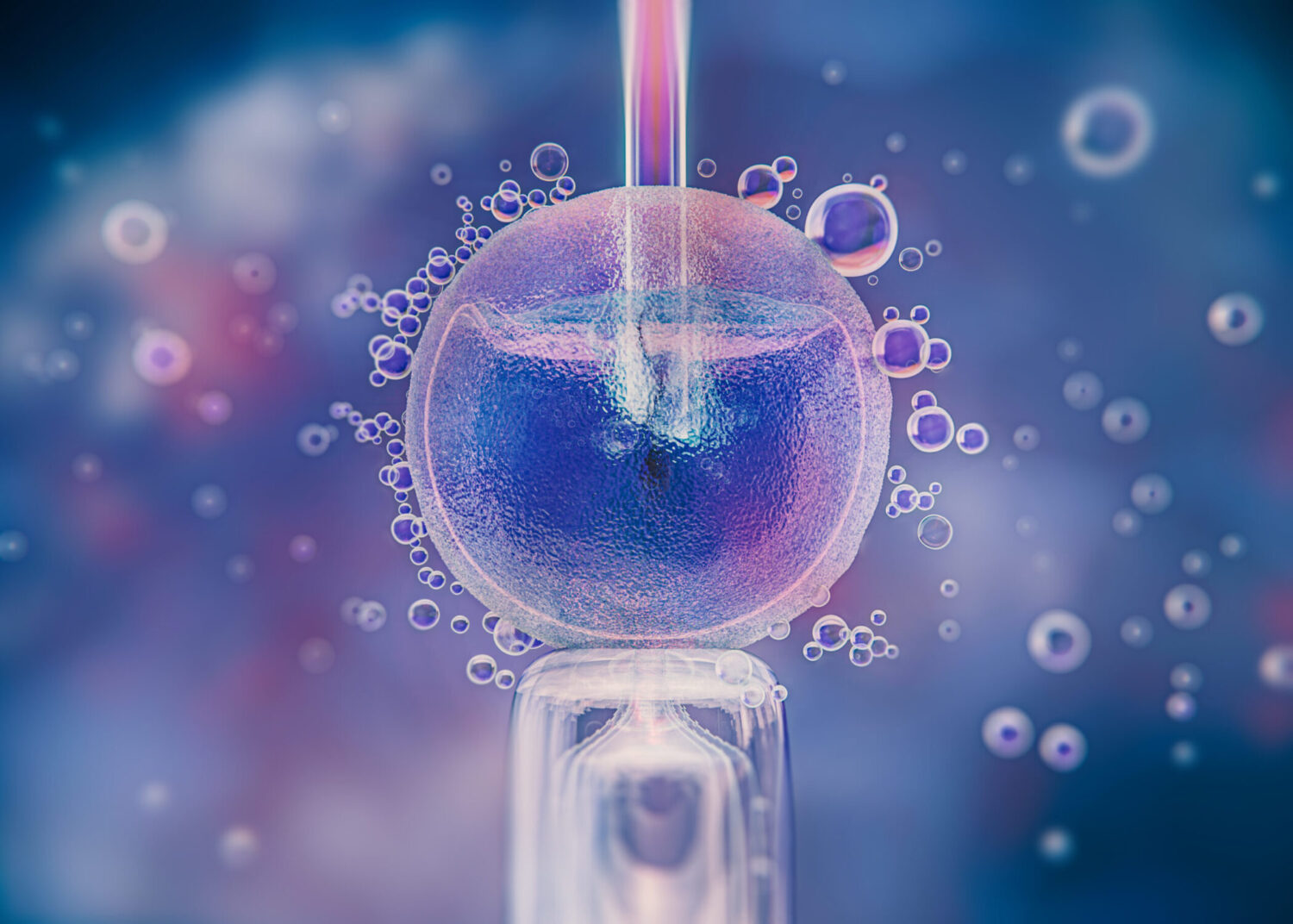
What is the Difference Between IVF and Insemination?
IVF and Insemination are both fertility treatments that help couples have a baby. However, there are some differences between the two that patients should know about before they undergo either treatment. The main difference is that IVF involves removing eggs from the body and fertilizing them in a lab while IUI involves injecting sperm into the uterus where it may be fertilized naturally. This means that IVF tends to have higher success rates than IUI.
IUI entails setting sperm at once into the uterus in the course of ovulation. This is done by collecting sperm from the male partner or using a donated sperm sample. The sperm is then washed and treated to make it more likely that it will find an egg and be able to successfully mate with it. Once an egg has been fertilized it is then known as an embryo and is kept in a laboratory until it has multiple cells that are actively dividing. Couples who are concerned about passing a genetic disorder to their children may opt for a procedure called pre-implantation genetic testing (PGT). This is most often carried out 3 to 5 days after an embryo has been fertilized and means that laboratory staff will remove a cell or cells from each embryo and screen them for certain genetic disorders. Only an embryo that does not contain a genetic disorder will then be allowed to implant and grow in the uterus.
The pregnancy rate from IVF is much higher than from IUI but it also depends on a variety of different factors. One of the most important is the age of the patient. Younger women are more likely to get pregnant when using their eggs during IVF, but the process can be difficult for people over the age of 42. In these cases, it is sometimes recommended that a woman use donor eggs during IVF to increase the chances of success.
During the IVF procedure, several embryos are created. The number can vary from 1 or 2 embryos up to 5-6 embryos. In each embryo transfer, only 1 or 2 embryos are transferred to the uterus of the patient. If an embryo fails to implant and grow after a woman has been prepared for the embryo transfer, she will then have the opportunity to try again with another embryo.
Both IVF and IUI are highly effective at helping couples conceive, but it is important to understand the differences between them before embarking on either treatment. While IUI is less invasive and expensive than IVF, it is still important to seek medical advice before trying any fertility treatment because both have their unique risks and advantages. A reputable fertility center will be able to advise you on the best course of action depending on your unique circumstances.
